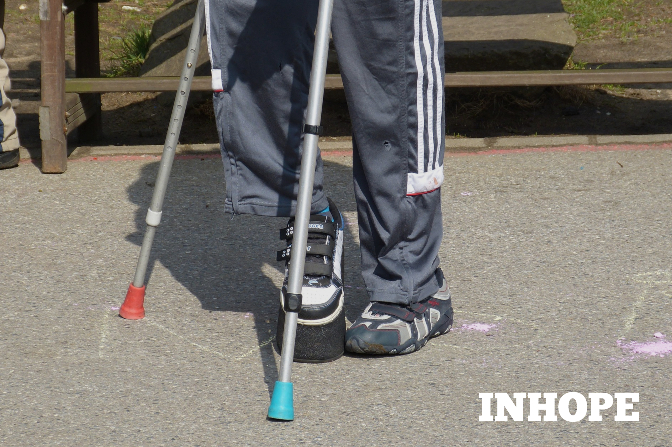Article
Educational Articles
We need to talk about sexual abuse of disabled children
UNICEF suggests that children with disabilities are three to four times more likely than able-bodied children to experience sexual and physical abuse and neglect. DeafKidz International suggests that 50% of deaf boys and girls are sexually abused before adulthood compared to 25% of hearing females and 10% hearing males.
Despite this heightened vulnerability to abuse, the data for disabled children is lacking, and policies and practices often fail to take into account their needs. Better protecting disabled children requires understanding the ways they are uniquely vulnerable.
Challenges for Reporting
There are several things which increase the likelihood of the sexual abuse of a disabled child going unreported.
- Children with disabilities might find it harder to communicate their experiences, needs, or fears.
- There is a greater risk of their report being taken less seriously, in part because of stigmas surrounding disability and sexual relationships.
- Lower levels of sexual education for disabled children leaves them ill-equipped to recognize signs and patterns of abuse.
Dangers of Dependency
Children with disabilities often experience greater dependency on others to perform everyday tasks. This can increase their vulnerability in several ways.
- Children with disabilities may be more likely to be in institutional care where lots of different adults have access to the children with not enough safeguards in place.
- Dependency on carers, especially relating to intimate activities such as toileting and bathing can intensify this vulnerability.
Consequences of Stigma
As we saw in the reporting section, the stigmas surrounding disability and sexual relationships can negatively impact disabled children's ability to report their own abuse. Broader stigmas surrounding disability also contributes in other ways.
- Disabled children may experience greater feelings of shame and social isolation, which can make them more susceptible to positive attention of groomers.
- Abuse of disabled people is sometimes seen as legitimate in cultures in which disability is seen as the price paid for some misdemeanour in a previous life.
We need to to reduce the stigma surrounding disability and ensure disabled children's needs are on the agenda in policy and safeguarding conversations – both in the online and offline world.
To learn more about some of the risks and vulnerabilities to sexual abuse of disabled children and ways of preventing it, check out this intelligence briefing compiled by DeafKidz International.
